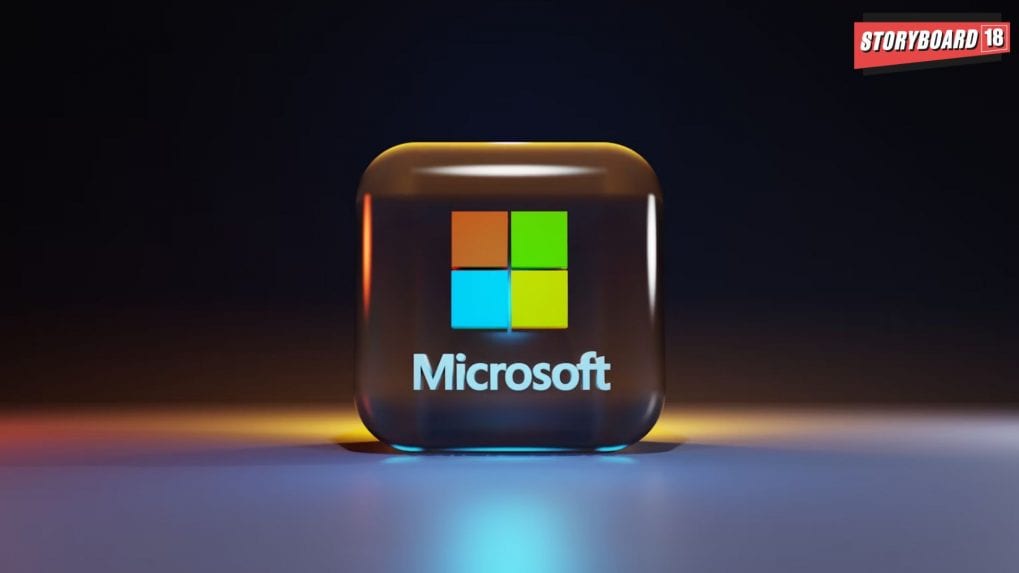Brand Makers
Dil Ka Jod Hai, Tootega Nahin

Microsoft is forming a new artificial intelligence division with a bold but cautious goal — to build machines that surpass human abilities in select fields while remaining firmly aligned with human wellbeing. The initiative, called the MAI Superintelligence Team, aims to develop what the company terms “humanist superintelligence” — AI designed to enhance rather than replace human capability.
The new division is being led by Mustafa Suleyman, Microsoft’s Head of AI, who outlined the team’s vision in an interview with Reuters. Suleyman said the project will initially target areas where AI can achieve “superhuman” performance safely, beginning with medical diagnostics.
According to Suleyman, Microsoft’s vision is to create AI systems capable of reasoning through complex problems and making discoveries beyond current human reach, but always within clear ethical limits. “Humanism requires us to always ask the question: does this technology serve human interests?” he said, framing the company’s mission as one of advancement without existential risk.
Unlike firms pursuing artificial general intelligence (AGI) — systems capable of performing any task a human can — Microsoft’s team is steering clear of that pursuit. Suleyman said he doubts such “infinitely capable generalist” machines could ever be controlled safely. Instead, the focus will be on specialist AI models built to tackle major challenges in healthcare, climate, and energy — such as battery innovation and drug discovery — while presenting “virtually no existential risk whatsoever.”
Microsoft’s approach distinguishes it from rivals like Meta Platforms and Safe Superintelligence Inc, even as it matches them in ambition. The company hopes these efforts will yield breakthroughs capable of transforming industries and even increasing human life expectancy through early disease detection and precision diagnostics.
Suleyman revealed that Microsoft already has “a line of sight to medical superintelligence in the next two to three years,” suggesting AI could soon detect and prevent illnesses long before symptoms appear. “We want to give everybody more healthy years,” he said.
The project builds on Suleyman’s earlier work at DeepMind, where AI models such as AlphaFold revolutionised molecular biology by predicting protein structures — a milestone that accelerated global research in life sciences. Microsoft intends to extend that legacy, using AI to unlock similar breakthroughs in medicine.
To realise this ambitious vision, Microsoft is committing significant investment and launching a global recruitment drive for top AI scientists. Suleyman confirmed that Karen Simonyan will serve as the team’s Chief Scientist.
While rivals like Meta are reported to be offering signing bonuses of up to $100 million to attract elite researchers, Suleyman declined to confirm whether Microsoft would match such offers. However, he emphasised that the company plans to “hire aggressively” as part of its long-term strategy to lead the next wave of AI innovation.
"The raucous, almost deafening, cuss words from the heartland that Piyush Pandey used with gay abandon turned things upside down in the old world order."
Read MoreFrom OpenAI’s ChatGPT-powered Atlas to Microsoft’s Copilot-enabled Edge, a new generation of AI-first browsers is transforming how people search, surf and interact online — and reshaping the future of digital advertising.